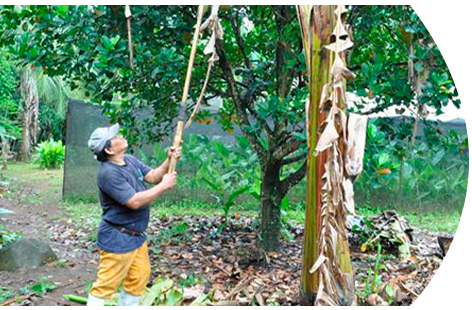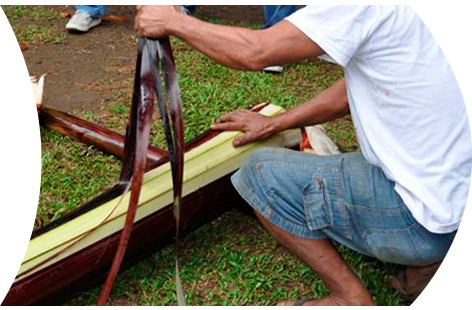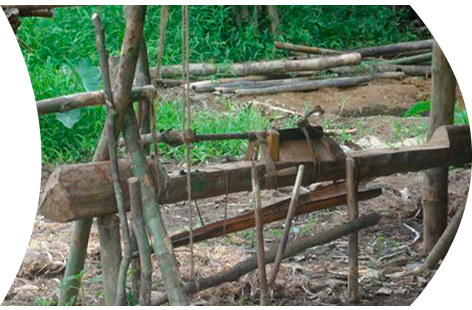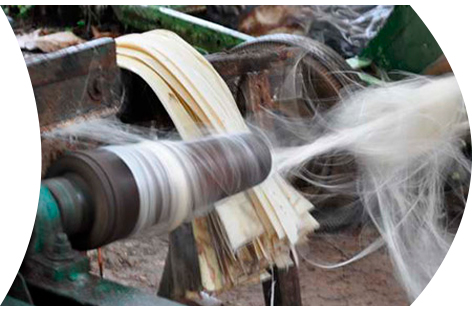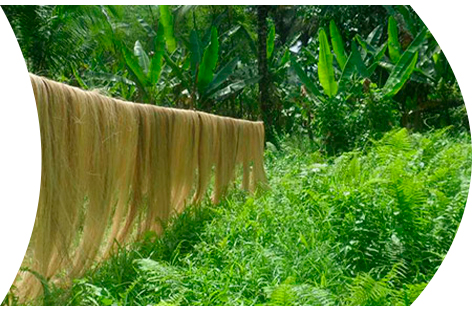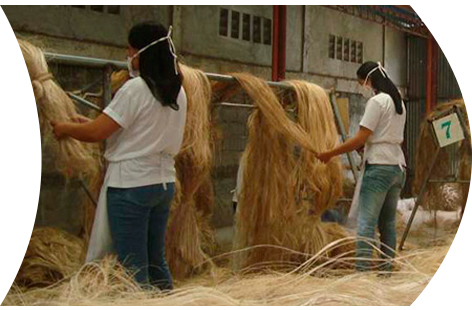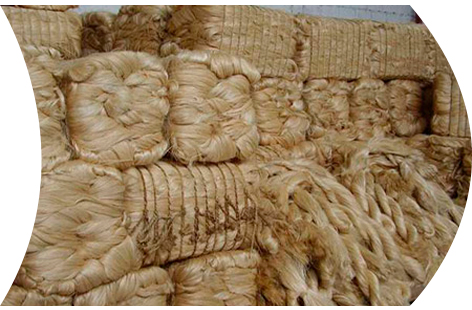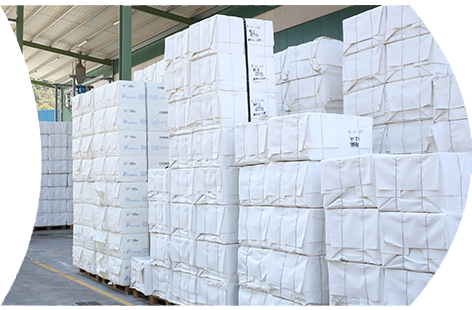Abaca
Also called Manila hemp. This fibre comes from a tree of the banana family. It is grown mostly in the Philippines, Ecuador and Costa Rica as a commercial crop.
Abaca is obtained from the leaf sheaths which surround the plant’s trunk. It is a leaf fibre composed of long, thin cells that form part of the leaf’s supporting structure. Most of the abaca produced is used to make specialty papers for teabags, coffee filters, etc.
For the people at Terranova Papers, the abaca plant is more than just a raw material. Behind each plantation, each abaca leaf, there is a story, a way of life. In the course of the many visits we have made to these plantations, we have come to realise that we can help the local farmers and the community. In most of the producing countries, the farmers speak Spanish, like us. This has not only made communication easier but has also enabled us to understand their problems and concerns and, as a result, be more sensitive to their needs and take part actively in meetings with farmers to develop social programmes.
It is our belief at Terranova Papers that we live in a society where both companies and individuals must commit to sustainability. Our company works for the sustainable use of resources related to paper production to make our products a little better and a little greener.
Our abaca plantations are located in Ecuador and the Philippines. However, most of the development is taking place in the latter country.
The process for obtaining abaca fibres consists of eight steps:
